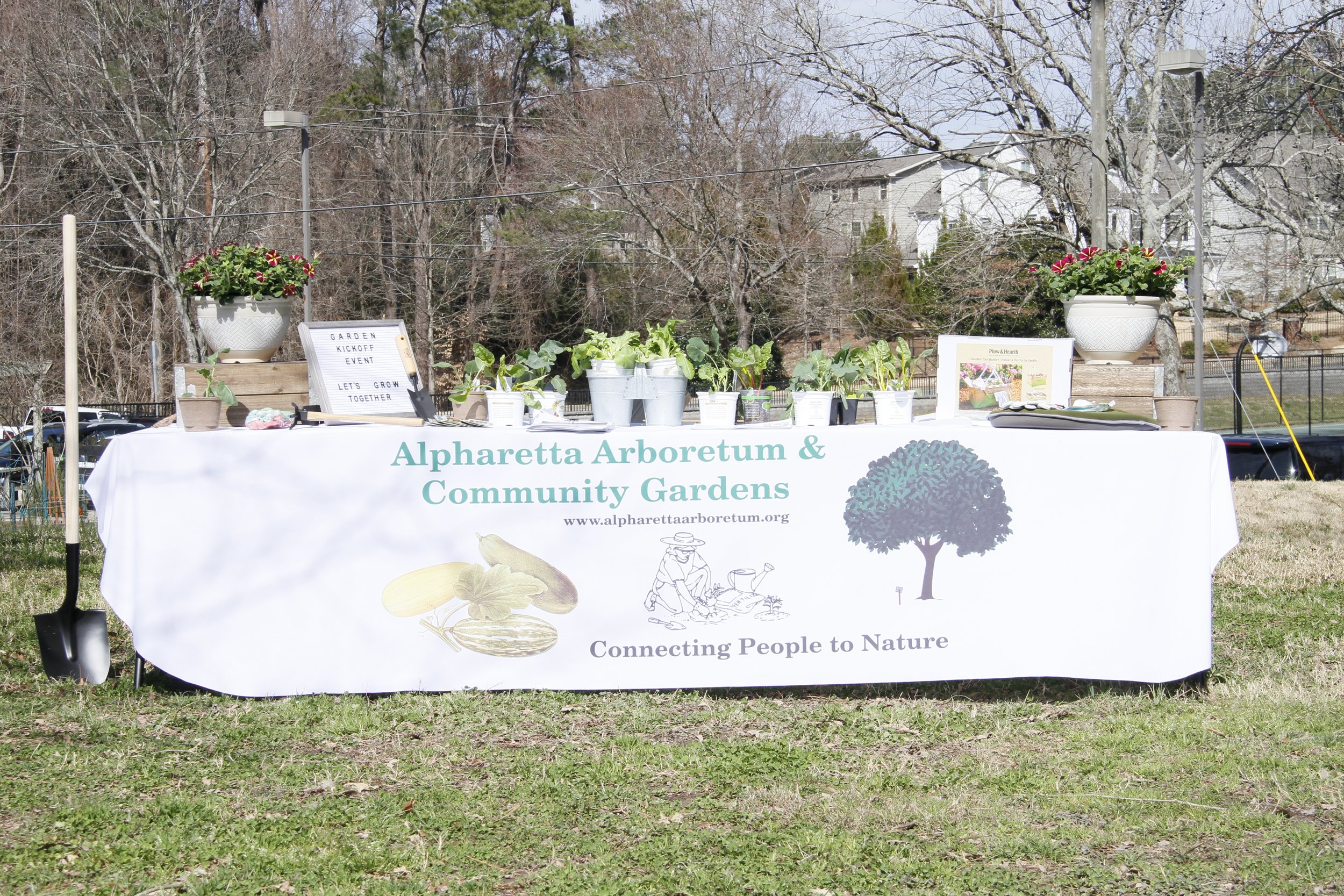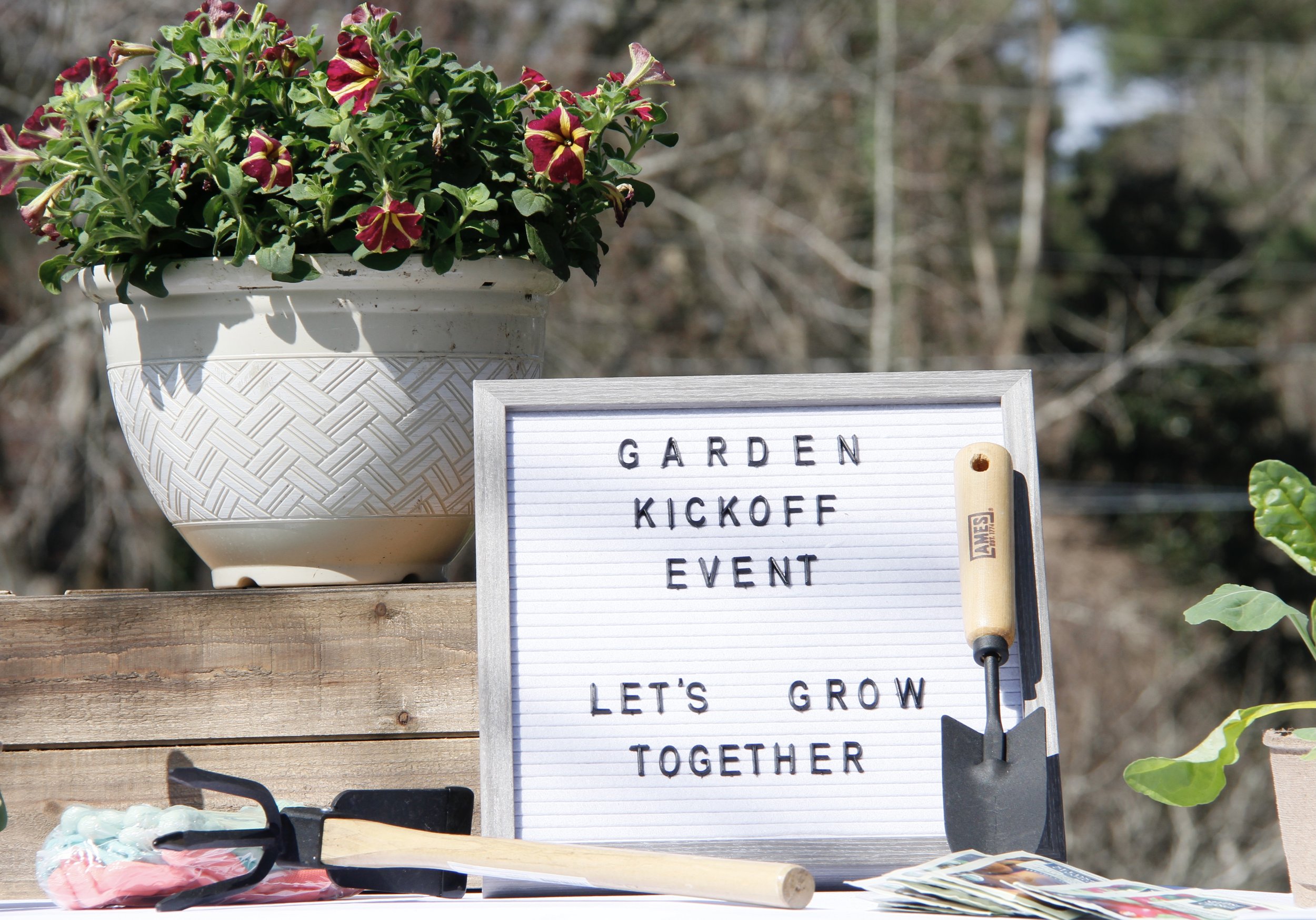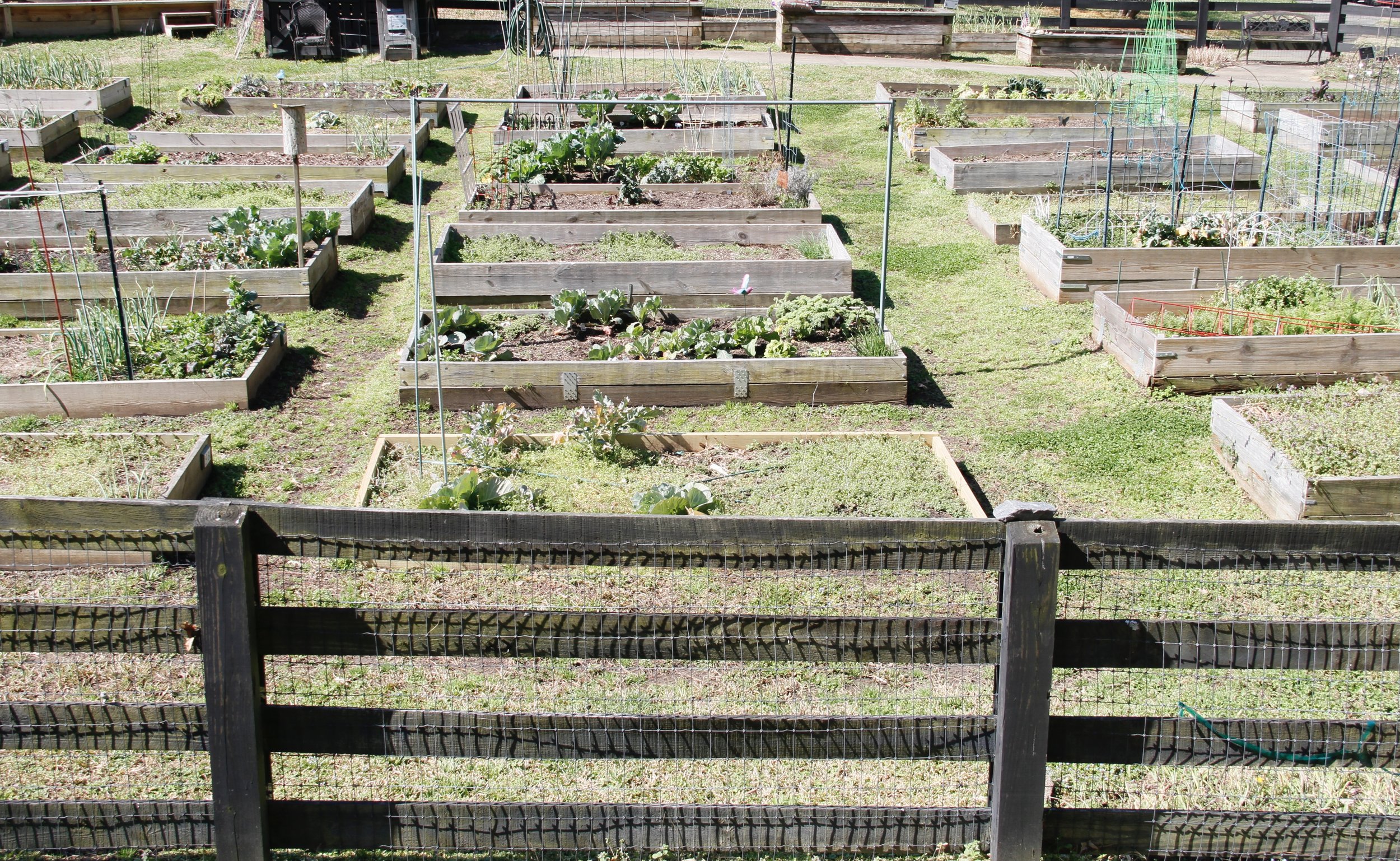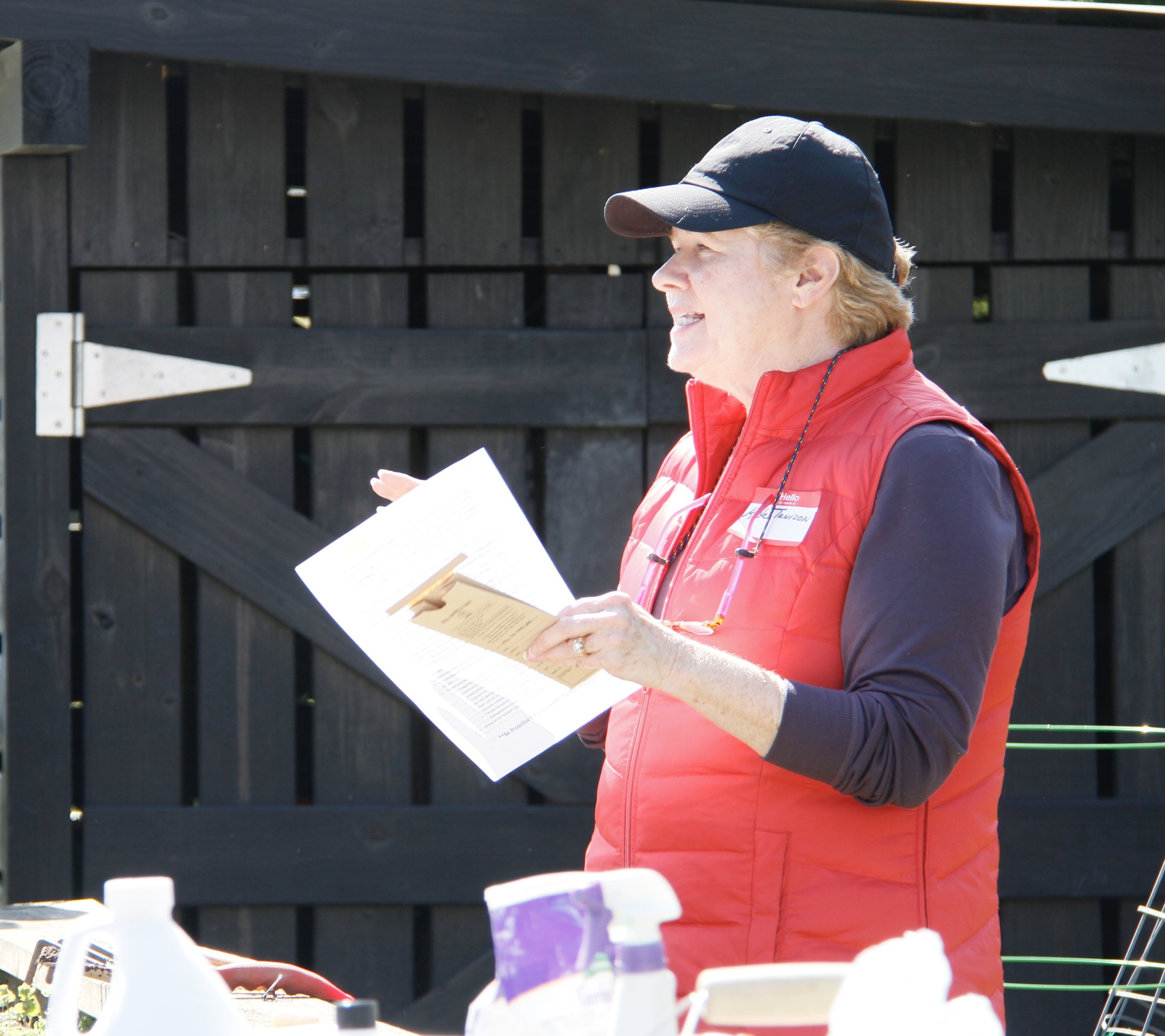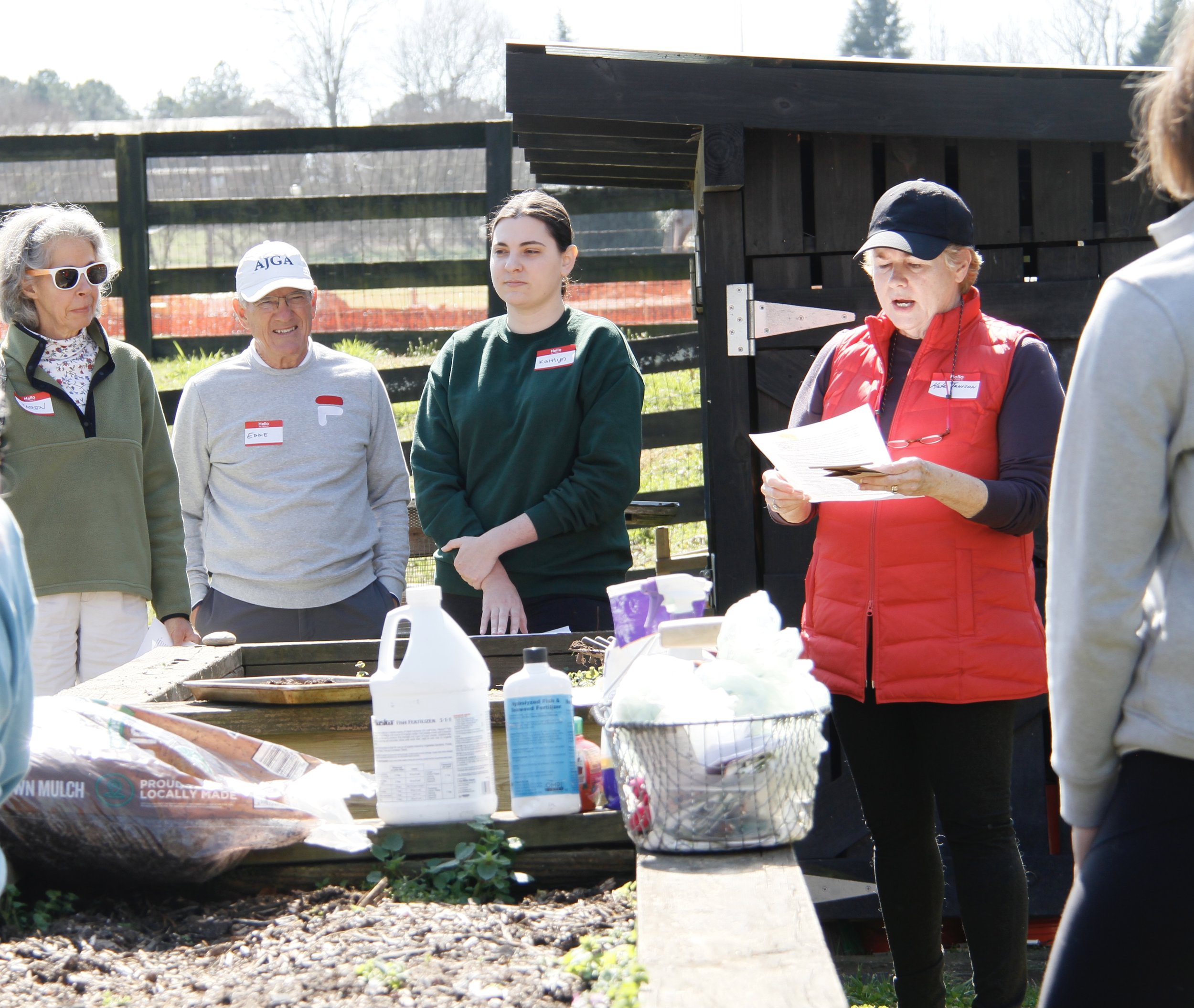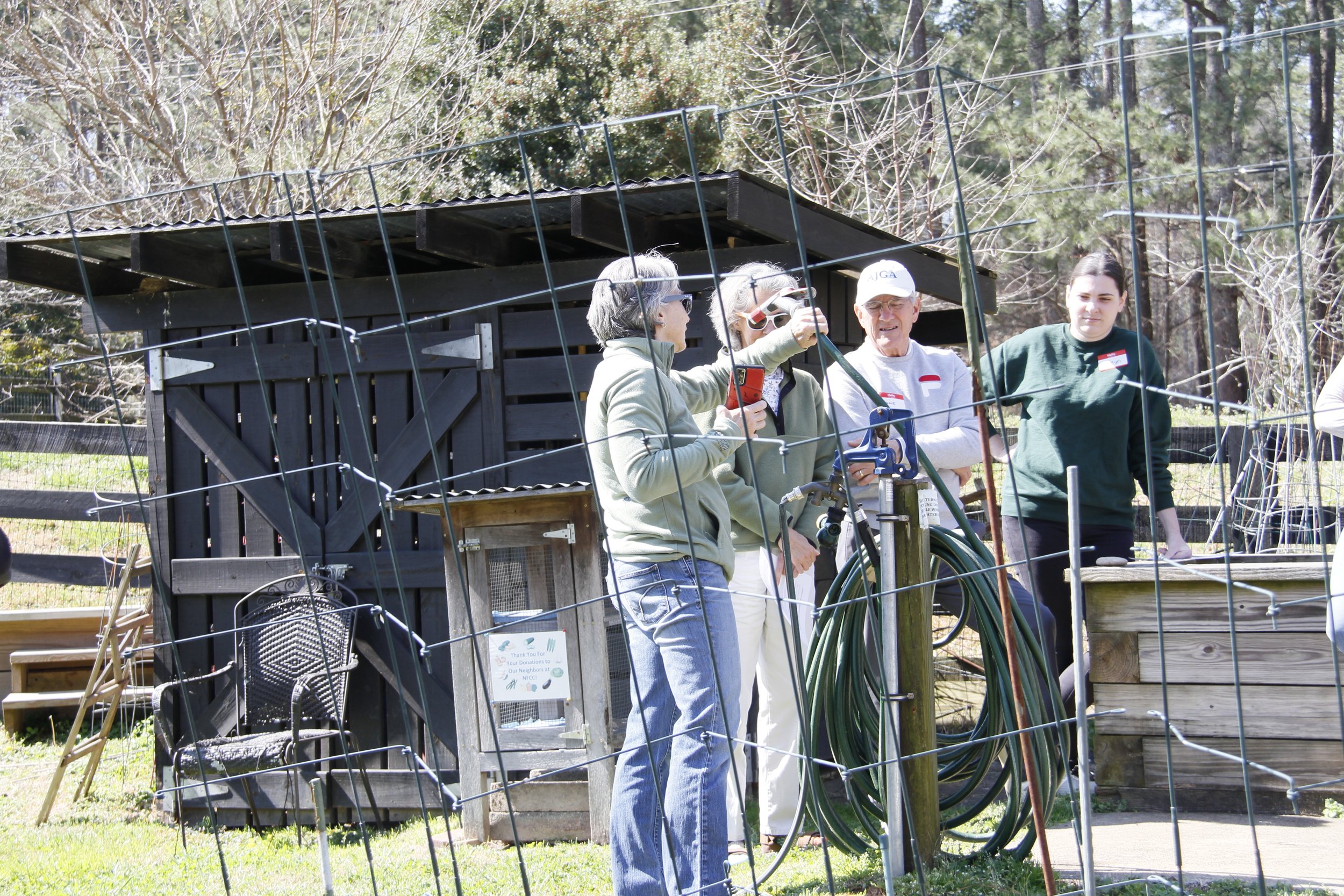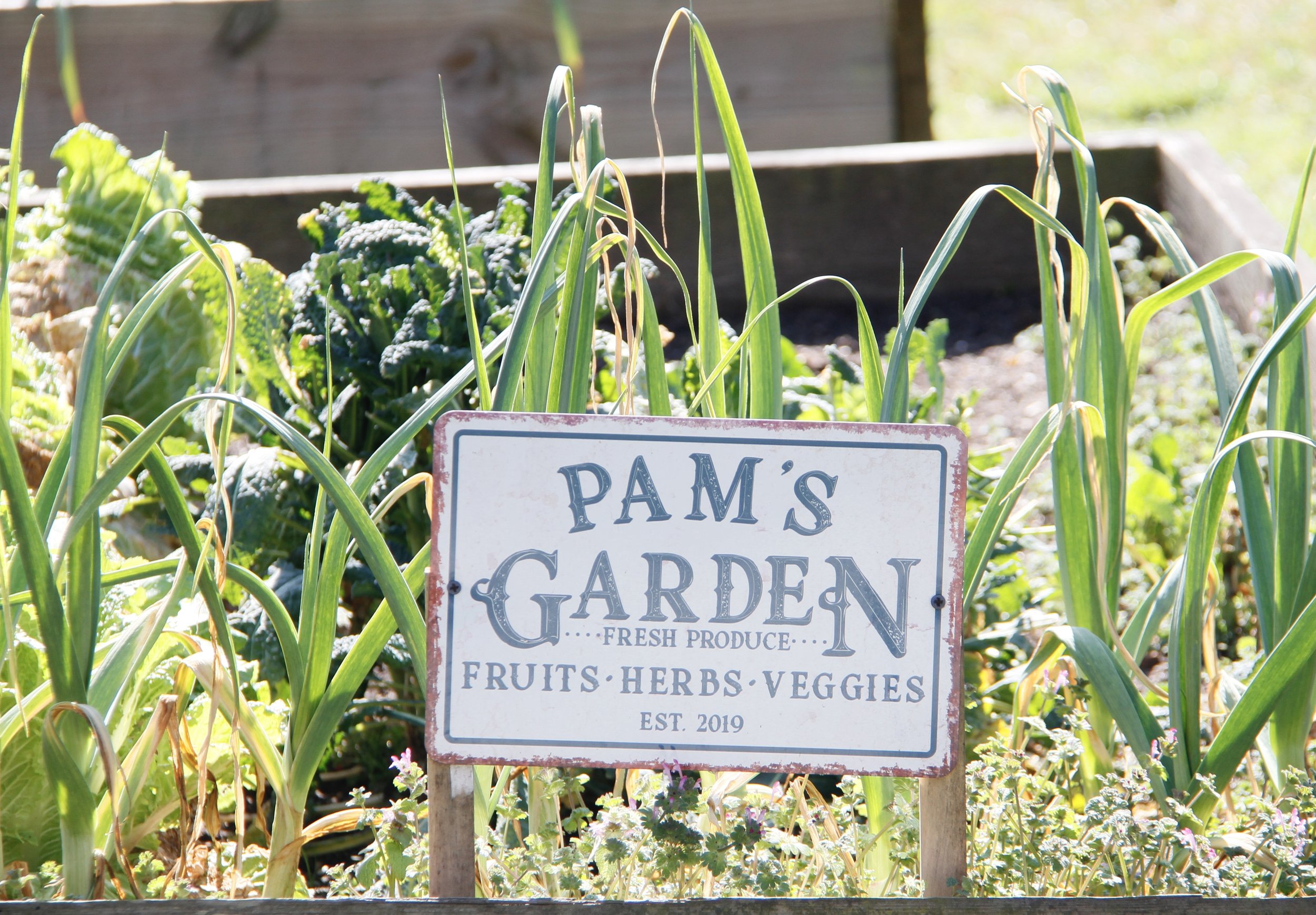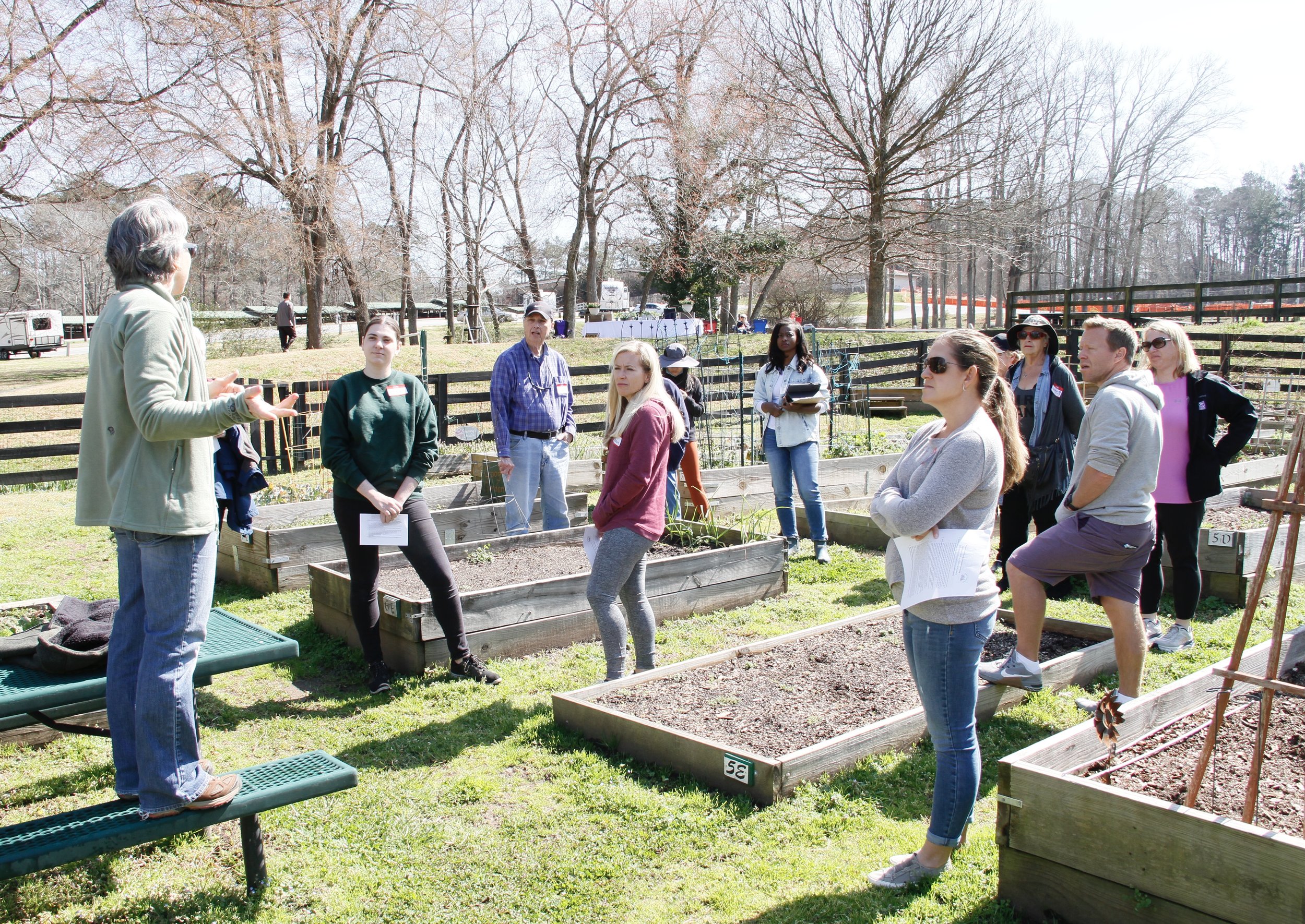I’m Baaack!! You remember me, don’t you?
Sun here. And along with my bright smile and cool sunglasses I bring longer days and warmer weather. Time to get to the ACG and plant that garden. But before you do, here are a few things I thought you might want to know.
The soil in your plot should be an inch or two below the side of your raised garden bed. If you need additional soil, now is the time to add it. Buy good quality soil. Good quality soil will give your plants their best chance to fight pests and diseases and produce a high yield of good tasting vegetables.
Add compost. Compost adds organic matter to your soil and improves its texture – creating a soil that drains better when there is too much water and retains water under dry conditions. Tilling two or three inches of compost into the top eight inches of soil in your garden should do it.
Mulch- Placing two or three inches of mulch over the top of your garden soil will retain moisture, minimize weed growth, maintain an even soil temperature and act as a barrier between your plants and soil fungus. What type of mulch to use? Pine straw, pine bark nuggets and shredded hardwood are all acceptable choices. Do not used colored/dyed mulch in your vegetable garden. You can place a couple of sheets of non-glossy newspaper directly over the soil and cover it with mulch. This acts as an effective and cost-free mulching material. The newsprint will not harm your garden.
It is best not to have mulch touching the base/stem of your plants. This provides moisture and fungus a gateway to your plants. Create a two inch clear circle around the base of your plants.
Your plants need water. How do you know when to add water? A simple method is to stick the tip of your finger into the soil – if it is moist, skip the watering that day. If it’s dry, water your garden. Ideally, you want to water your garden without wetting the leaves more than necessary. Water the soil, not the tops of the plants. The purpose of this added effort is to keep your leaves dry and not create the environment best suited for fungal growth, a recurrent theme in our Georgia garden. Likewise, watering early in the morning is best since the plants are already damp from overnight dew.
All that said, do the best you can! Do not make watering your garden an anxiety producing activity like commuting on GA 400. Gardening is meant to be fun.
How deep to plant seeds? It varies according to the seed. A general rule of thumb is to plant the seed twice as deep as the seed is wide. The proper depth should be listed on the back of the seed packet. However, lettuce seeds need light to germinate and they should be placed on the surface of the soil and then gently patted to ensure good contact with the soil.
Rather than using sticks or string to mark rows, you can intersperse radish seeds along the row lines. Radishes germinate quickly and will serve as a row marker with the added benefit of being edible.
Tomatoes, everyone’s favorite garden vegetable (actually, it’s a fruit!). There are so many choices to make when growing tomatoes. Do you want cherry tomatoes, grape tomatoes, plum tomatoes or beefsteak tomatoes, to name a few. All can be grown at the ACG. Do you want determinate or indeterminate tomatoes. Determinate tomatoes grow to a certain height and then stop growing and proceed to flower and produce tomatoes more or less all at once. Indeterminate tomatoes grow, flower and produce fruit continuously. Because they grow for a longer period of time, they are eventually bigger than determinate varieties. In either case, tomatoes should be caged, trellised or otherwise supported.
Planting tip: if you are planting a tomato seedling, bury the lower one-third in the garden. Remove any side branches that will wind up underground. Planting tomatoes deep like this encourages root growth and a healthier plant.
Moving fast-forward to harvest, you can pick tomatoes at any time after they have started to “blush” or change from their dark green color to red. Tomatoes picked after they have started to blush will ripen after they have been picked and will be as sweet as tomatoes left to “vine ripen”. The advantage to picking them early is that you avoid damage from insects and birds.
If you planted garlic in the fall, they will be ready for harvest in time for you to replant that space with summer vegetables. Garlic is ready to harvest when about two-thirds of its leaves are yellow. Keeping garlic in the ground without a good supply of green leaves makes it susceptible to rotting in the event of a lot of rain. Harvest your garlic and let it dry out for storage or clean all the cloves after harvest and freeze the cleaned cloves for use as needed during the year.
Onions can be planted in the spring. Normally, onions are not planted from seed. You can buy a mesh bag of “onion sets” that look like small onions or “onion starts” which are tiny, bare rooted plants. If you are going to use them as scallions/green onions, plant them about two to four inches deep and less than an inch apart. This gives you a long, thick, white stem. Harvest them when they are about six to eight inches tall. If you want to grow full-sized onions, plant them one inch deep, three inches apart and harvest them when the tops start to fall over.
Okra. Okay, not everyone’s favorite. But, it does grow nicely and produces a significant yield. Plant okra seeds ½ to one inch deep and 12 to 18 inches apart. Okra plants are very tall (over six feet) so be aware of the potential shade they will cast on the rest of your garden and that of your neighbors. Okra flowers are very attractive and okra should be picked when the fruit is two to three inches long. Okra pods that are much longer than that are often woody and inedible. Be mindful that okra pods grow quickly so be vigilant. It is best to wear gloves when you pick okra, its tiny hairs can irritate your skin and it is easier to pick the okra if you clip the pods with a small garden scissor or clipper.
Well, that’s about it for now. Time for us to get to work.
See you at the garden,
Stu and Judy Silver
